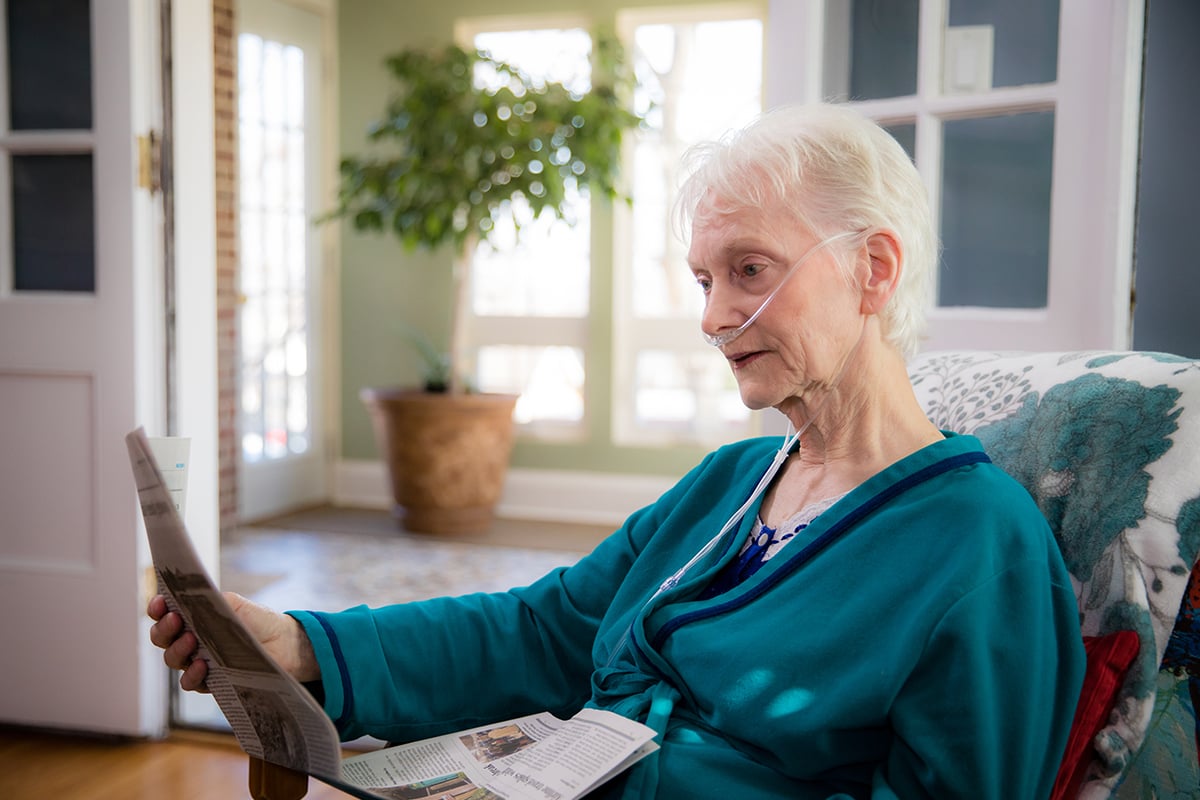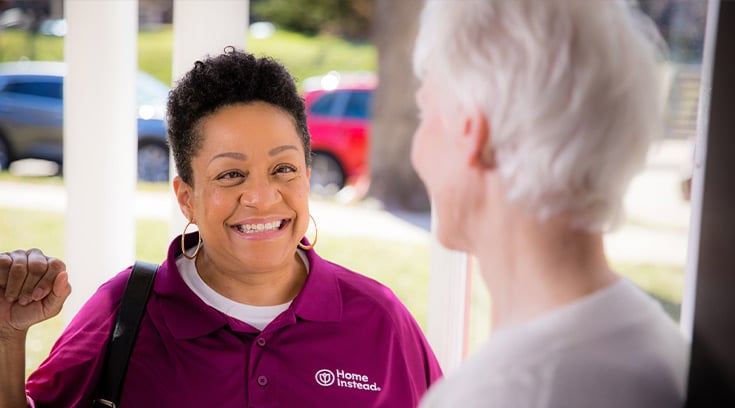What’s in the Home Care Solutions Guide?
Download the Home Care Solutions Guide to learn the signs home care is needed and who to call for help:
- The signs an individual needs home care
- Details about the different types of home care
- Who to call for in-home care
- Questions to ask potential home care providers
- The importance of a team approach
- Other home care resources
What’s in the Home Care Solutions Guide?
This guide helps identify the signs home care is needed and provides questions to ask to determine the best type of home care for your family.

Respite Care Services Near Me
Whether you need respite care to get a good night’s sleep or 24-hour home care, services and care plans can be tailored to meet your family’s needs.




